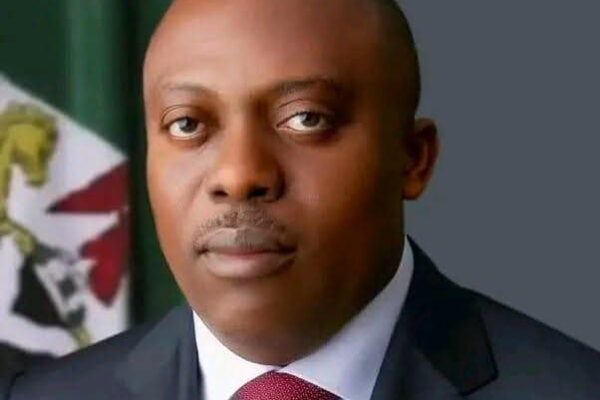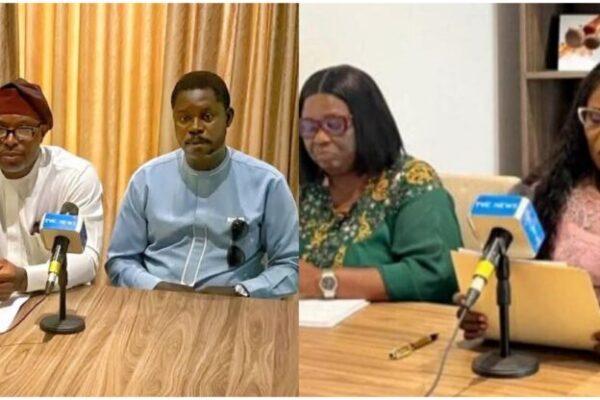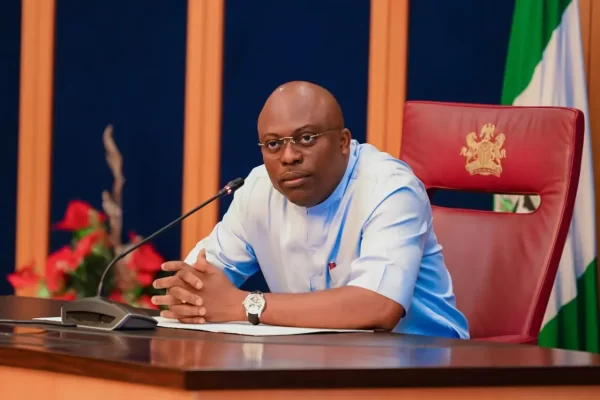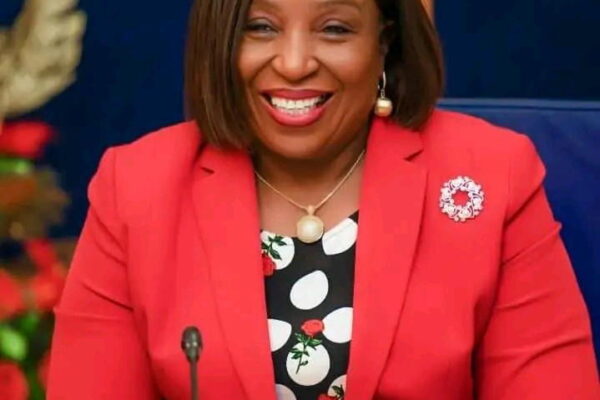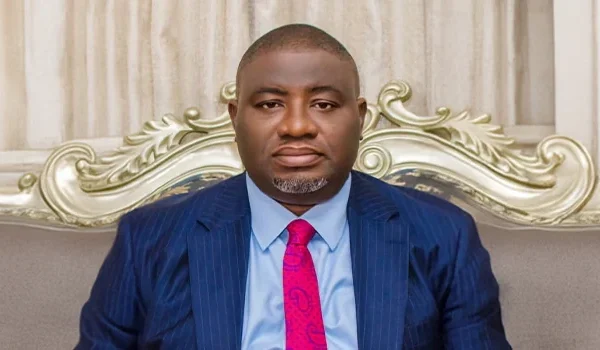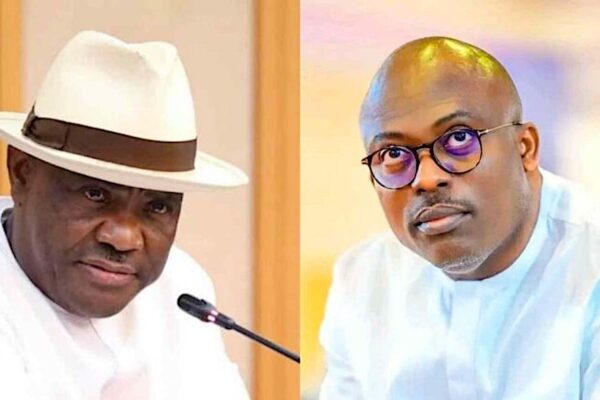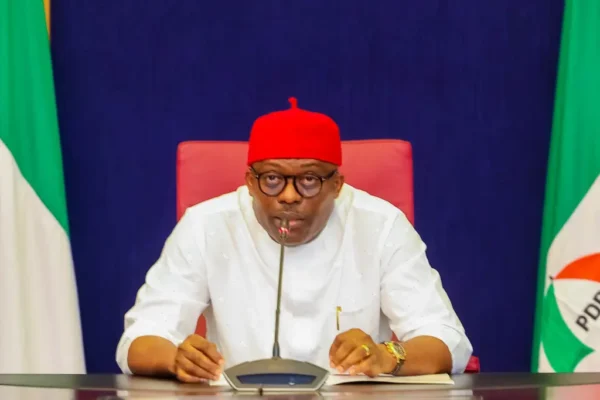
Rivers State High Court Stops Impeachment Proceedings Against Governor Fubara and Deputy
A Rivers State High Court sitting in Oyigbo on Friday issued an interim injunction halting all steps linked to the impeachment of Governor Siminalayi Fubara and his deputy, Prof. Ngozi Odu. The court barred the Speaker of the Rivers State House of Assembly, Martins Amaewhule, the Clerk, and other officials from sending any documents or correspondence to the Chief Judge of Rivers State regarding the impeachment. It also prohibited Chief Judge Justice Simeon Amadi from receiving, considering, or acting on any request, resolution, or articles of impeachment aimed at setting up a panel to investigate the governor and deputy governor, pending further court proceedings. Justice F.A. Fiberesima granted the order following an ex parte motion filed in two separate suits by Governor Fubara and Deputy Governor Odu. The court also allowed the claimants to serve the interim order and other court documents on the defendants via substituted service at the Rivers State House of Assembly and on the Chief Judge through any staff member at his chambers within the High Court premises. The matter has been adjourned to January 23, 2026, for hearing of the substantive motion. Meanwhile, the Rivers State House of Assembly reportedly resolved on Friday to proceed with the impeachment process. In a related development, four lawmakers who had earlier distanced themselves from the move reversed their position, citing dissatisfaction with the governor’s response to calls for dialogue.


